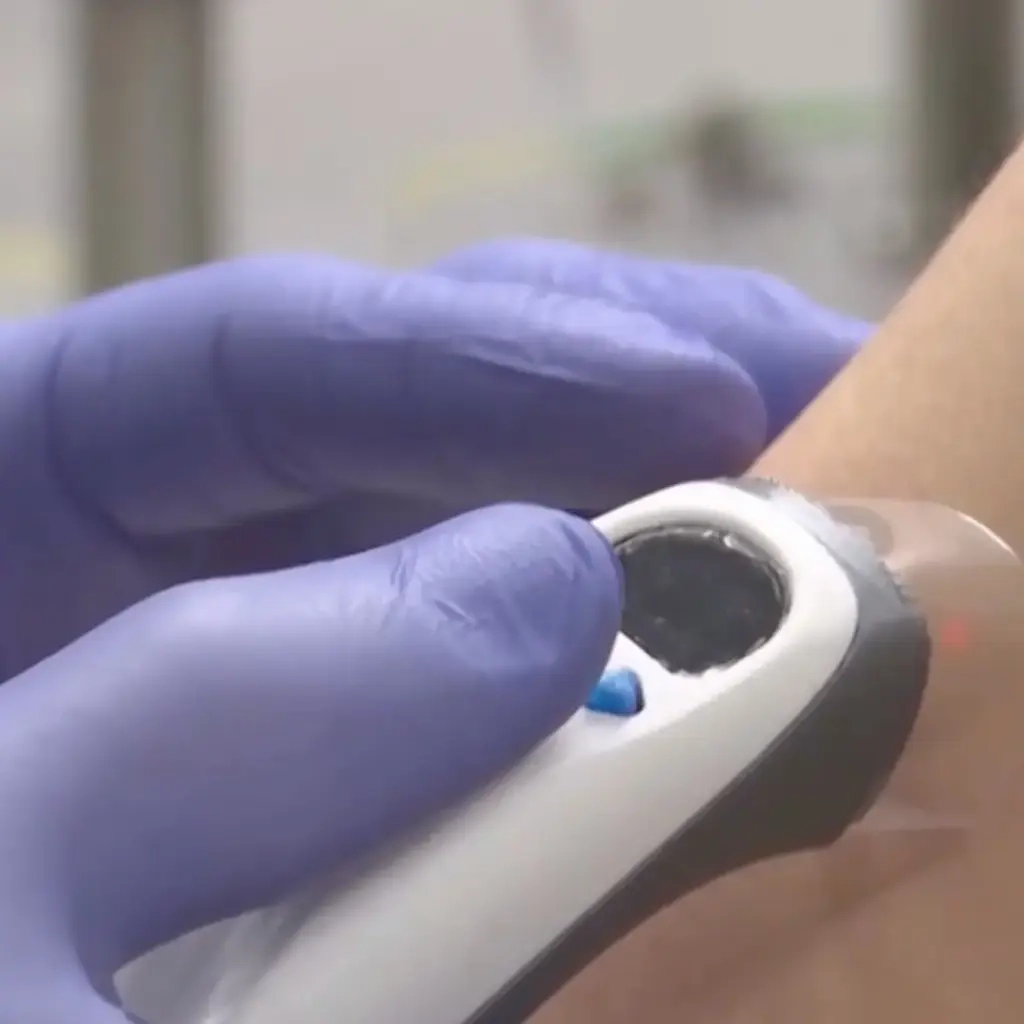
In the complex world of pediatrics medicine, healthcare providers often find themselves navigating a tricky landscape where medical ethics, parental authority, and the best interests of the child intersect. Imagine a scenario where a doctor believes that a particular treatment is essential for a minor’s health, but the parents refuse to consent. What should the doctor do? This dilemma raises significant questions about the ethics of medical care for minors and the role of parental consent. In this article, we will explore the ethical considerations, legal frameworks, and practical implications of treating minors against their parents‘ wishes, shedding light on this critical issue in healthcare.
Understanding the Landscape of Pediatric Care
The Role of Parents in Medical Decisions
Parents are typically seen as the primary decision-makers for their children’s health. This authority is grounded in the belief that parents know their children best and are best positioned to make choices that align with their family values and beliefs. However, this authority is not absolute. Medical professionals are bound by ethical principles that prioritize the health and well-being of the child.
The Best Interests of the Child
At the heart of pediatric care is the principle of “the best interests of the child.” This legal and ethical standard requires healthcare providers to consider what is most beneficial for the child’s health and development. When parents refuse treatment, healthcare providers must weigh the potential consequences of inaction against the ethical obligation to respect parental authority.
Legal Frameworks Surrounding Minor Consent
In many jurisdictions, minors cannot legally provide informed consent for medical treatment. Instead, parents or guardians are responsible for making these decisions. However, there are exceptions. For instance, some states allow minors to consent to certain types of medical care, such as reproductive health services or mental health treatment, without parental approval. This legal nuance adds another layer of complexity to the issue.
Ethical Dilemmas in Pediatric Medicine

The Conflict Between Parental Rights and Child Welfare
When parents refuse medical treatment for their child, healthcare providers face a moral and ethical dilemma. Should they respect the parents’ wishes, or should they act in what they believe to be the best interest of the child? This conflict can be particularly challenging in cases involving life-threatening conditions or severe illnesses where timely intervention is crucial.
Case Study: A Life-Saving Treatment Refused
Consider a hypothetical case where a 10-year-old child is diagnosed with a serious bacterial infection that requires immediate antibiotic treatment. The parents, influenced by personal beliefs or misinformation, refuse the treatment. The doctor knows that without the antibiotics, the child faces severe health risks, including potential death. In such cases, the physician must navigate the ethical waters carefully, balancing respect for parental authority with the urgent need to protect the child’s health.
The Role of Ethics Committees
Many hospitals have ethics committees that can provide guidance in complex cases involving minors. These committees typically include healthcare providers, ethicists, legal advisors, and community representatives. They can help mediate disputes between parents and medical professionals, ensuring that decisions are made in the best interest of the child while considering the family’s values.
READ ALSO:
Assessing the Child’s Condition
When faced with a situation where parents refuse treatment, the first step for healthcare providers is to conduct a thorough assessment of the child’s medical condition. This includes:
- Diagnosis: Accurately diagnosing the child’s condition is crucial. Misdiagnosis can lead to inappropriate treatment decisions and exacerbate the situation.
- Prognosis: Understanding the potential outcomes of the condition with and without treatment helps inform the discussion with parents. For instance, if a condition is likely to worsen without intervention, this information is vital in persuading parents to reconsider their decision.
Communicating with Parents
Effective communication is key in these situations. Healthcare providers should strive to:
- Educate: Provide clear, evidence-based information about the child’s condition and the recommended treatment. This may involve discussing the risks of refusing treatment and the potential benefits of proceeding.
- Listen: Understanding the parents’ concerns and beliefs is essential. This can help build trust and open a dialogue about the best course of action.
- Collaborate: Involving parents in the decision-making process can lead to better outcomes. When parents feel heard and respected, they may be more willing to reconsider their stance.
Legal Considerations

When to Involve Legal Authorities
In some cases, healthcare providers may need to involve legal authorities if a child’s life is at risk and parents refuse necessary treatment. This can include:
- Court Orders: In extreme cases, physicians may seek a court order to provide treatment without parental consent. Courts typically weigh the child’s best interests heavily in these decisions.
- Child Protective Services: If a child is deemed to be in imminent danger due to parental refusal of treatment, healthcare providers may need to contact child protective services to ensure the child’s safety.
The Importance of Documentation
Healthcare providers must meticulously document all interactions with parents regarding treatment decisions. This documentation can serve as a critical record in case legal action is required. It should include:
- Details of the Child’s Condition: Documenting the diagnosis, prognosis, and recommended treatment.
- Parental Refusal: Clearly noting the parents’ refusal of treatment and any reasons they provided.
- Communication Efforts: Recording attempts to educate and engage the parents in the decision-making process.
The Impact on Healthcare Providers

Emotional and Ethical Burden
Healthcare providers often experience significant emotional and ethical stress when faced with these dilemmas. The desire to protect the child’s health can conflict with the obligation to respect parental authority. This stress can lead to burnout and moral distress, particularly in cases where the child’s health is severely compromised.
Strategies for Support
To manage these challenges, healthcare providers can benefit from:
- Peer Support: Engaging with colleagues to discuss difficult cases can provide valuable perspectives and emotional support.
- Professional Development: Participating in training on ethical decision-making and communication skills can enhance providers’ ability to navigate these complex situations.
- Consulting Ethics Committees: Utilizing hospital ethics committees can provide additional guidance and support in challenging cases.
READ ALSO:
Conclusion
The question of whether doctors should provide medical care for minors despite their parents’ wishes is a complex and multifaceted issue. It involves navigating ethical dilemmas, legal frameworks, and the emotional landscape of healthcare. Ultimately, the priority must remain the health and well-being of the child. By fostering open communication, involving ethics committees, and understanding the legal implications, healthcare providers can make informed decisions that balance parental authority with the best interests of their young patients.
FAQs
What is the primary ethical concern when treating minors against parental wishes?
The primary ethical concern is balancing respect for parental authority with the obligation to act in the best interests of the child.
Can minors consent to their own medical treatment?
In some jurisdictions, minors can consent to specific types of medical treatment, such as reproductive health services or mental health care, without parental approval.
What should healthcare providers do if parents refuse life-saving treatment?
Healthcare providers should assess the child’s condition, communicate effectively with the parents, and, if necessary, involve legal authorities to ensure the child’s safety.
How can ethics committees assist in these situations?
Ethics committees can provide guidance, mediate disputes, and ensure that decisions are made in the best interest of the child while considering family values.
What role does documentation play in these cases?
Meticulous documentation of the child’s condition, parental refusal, and communication efforts is crucial for legal protection and ensuring accountability.

